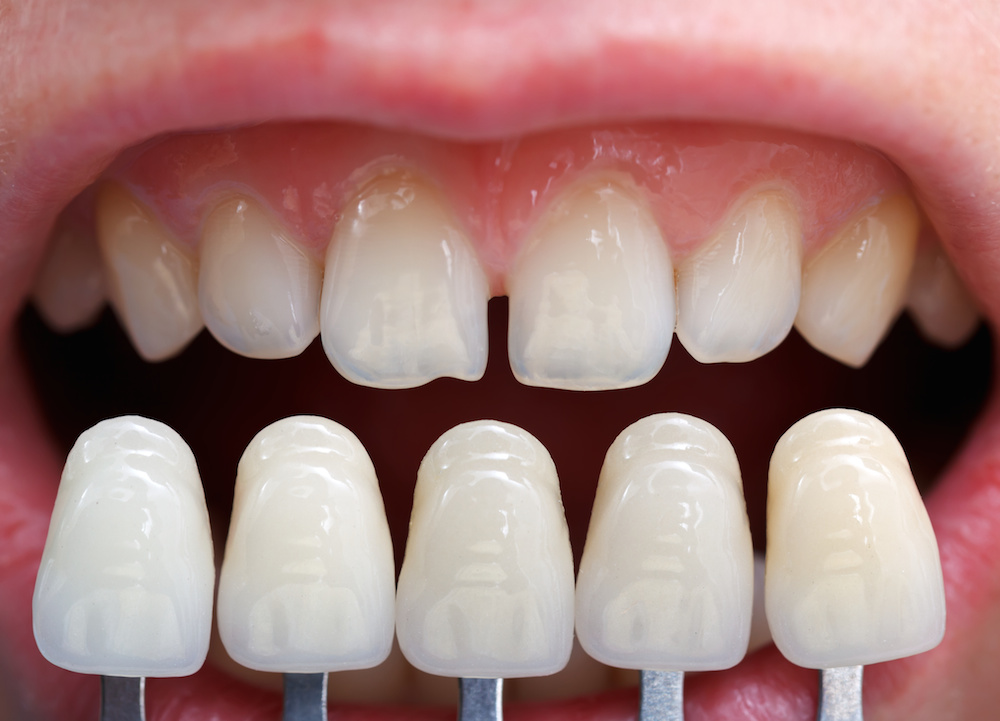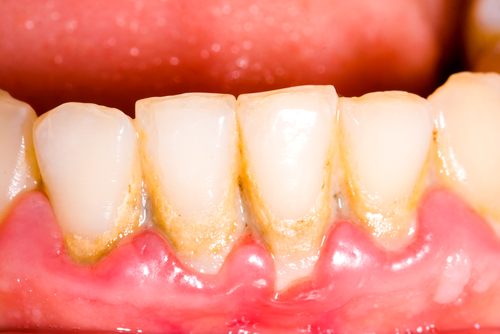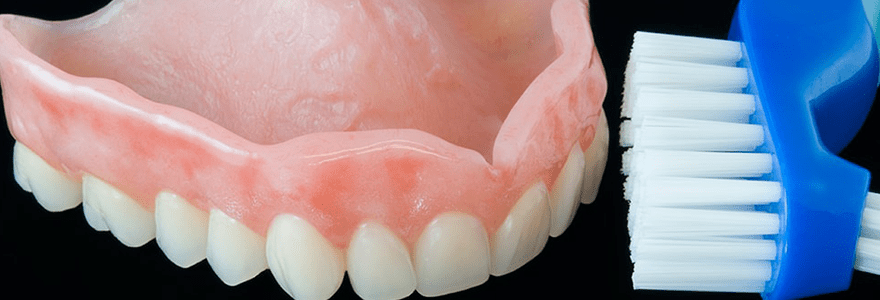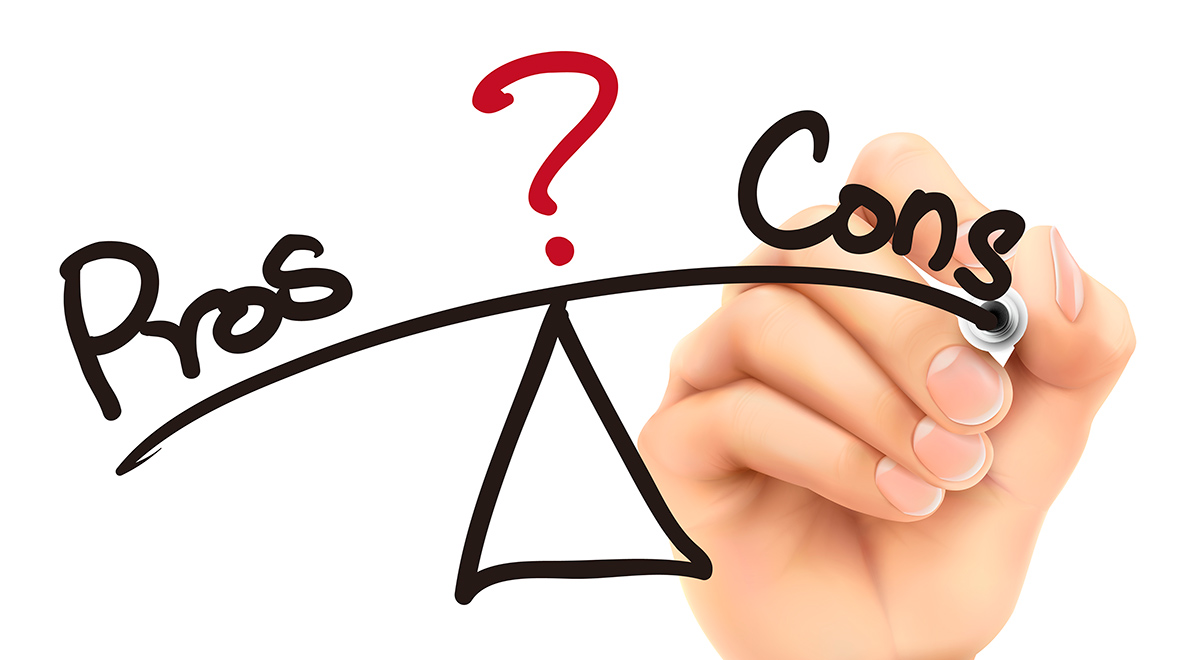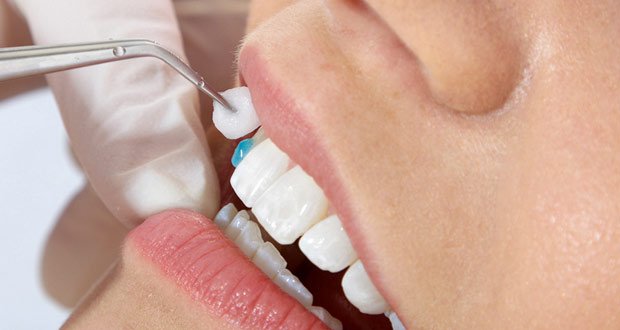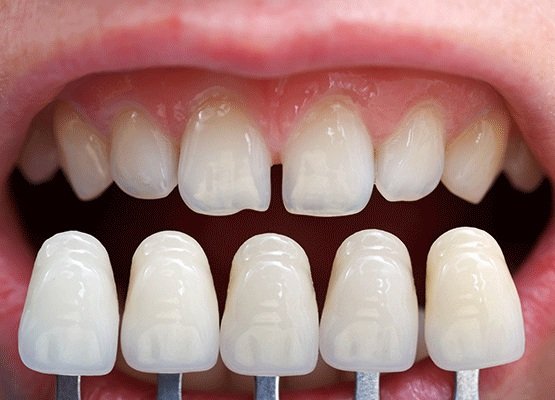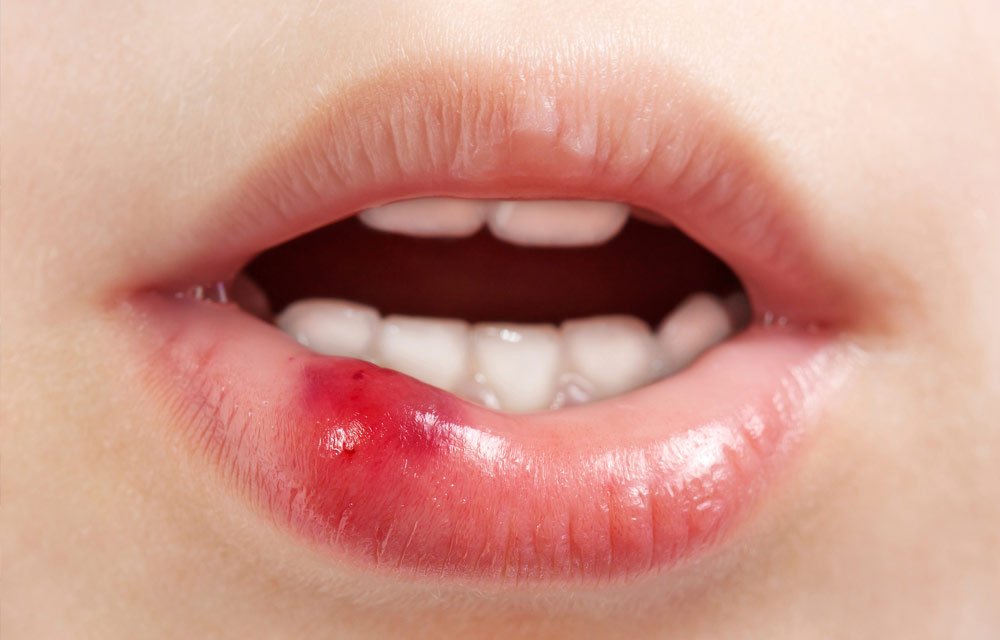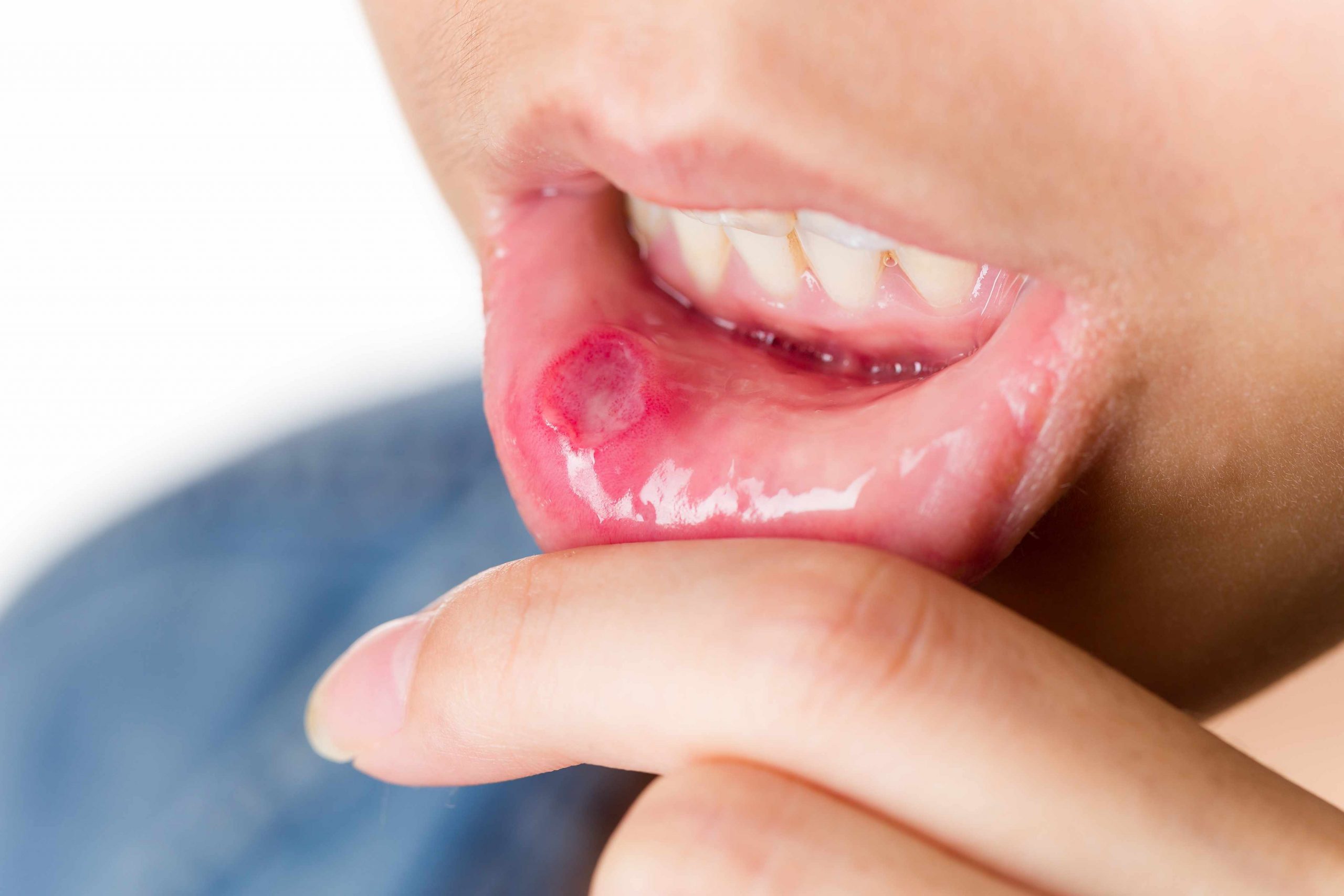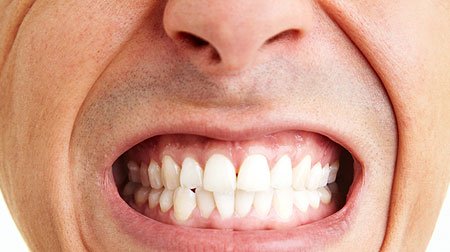A dental emergency can occur while you eat, play, work out, or take part in any number of normal daily tasks. “Soft tissue laceration” is dental trauma that includes harm to your lips, gums, tongue, or cheeks. The soft tissues in the mouth are delicate, sensitive and easily hurt. They also contain a lot of nerves. When they are hurt, it can be very painful.
In addition to cuts, injuries can occur to the roof of the mouth, the back of the throat, or to a tonsil. These types of wound can happen when someone falls with a pointed object – such as a Popsicle stick or pencil – in their mouth. Kids are most at risk for this type of wound.
Due to all the blood vessels in the head and neck area, even a small puncture in the mouth may lead to alot of blood loss.
Treating Soft Tissue Lacerations
Small mouth injuries may be treated at home. Clean them right away with warm water. As with all soft tissue wounds, the key points to keep in mind are to decrease the flow of blood, reduce pain, promote healing, and prevent infection.
A soft tissue laceration, including injury to the mouth or lips that results in a loose flap of tissue or an open wound, may require stitches. Some patients choose to have a small wound on the lips stitched for cosmetic reasons. A tear in the frenulum (the skin under the tongue between the lips and gums) most often heals on its own and does not need stitches.If a foreign object, such as a bit of tooth or a wire from braces, is stuck in a wound, a doctor may need to remove it.
Preventing Soft Tissue Lacerations
The best way to avoid dental and soft tissue injuries is to wear a mouth guard for all rough play. A mouth guard should be worn at all times for team sports or sports where there is frequent contact with others or with hard objects.
Mouth guards protect the soft tissue in your mouth from your teeth. This is very important if you wear braces on your teeth. A mouth guard may even help to prevent or reduce or severity of concussions. You need to seek emergency dental care if the injury is serious or if the bleeding doesn’t stop after 10 to 15 minutes. The dentist will wash the area, remove any dirt or debris, and see if your teeth are loose or damaged. Stitches might be needed to close the wound.

